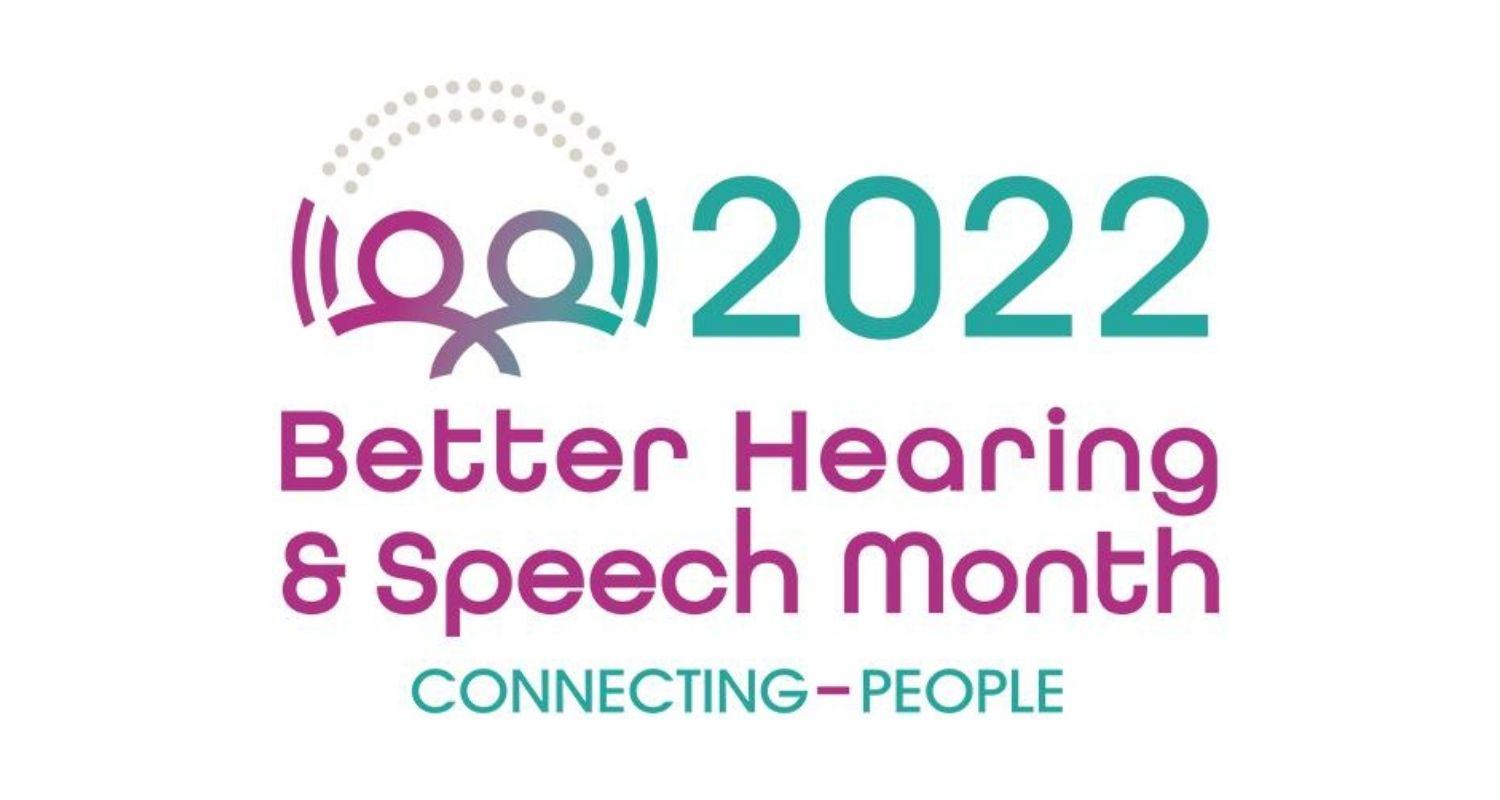
- A Guide to Different Hearing Aid Styles - May 6, 2025
- What is the Lifespan of Hearing Aid Batteries? - April 27, 2025
- Understanding the Different Types of Assistive Listening Technology - April 15, 2025
May marks Better Hearing and Speech Month! This month is all about raising awareness and taking action toward treating hearing loss. Organized by the American Speech-Language-Hearing Association (ASHA), the theme of this year’s campaign is Connecting People. We want you to know how you can access the resources and services that can transform your hearing health. Over 48 million people live with hearing loss, one of the most common medical conditions experienced today. It often remains untreated which can have major consequences on daily life. Seeking treatment has a myriad of benefits that contribute to enhanced quality and longevity of life.
Research on Benefits of Treating Hearing Loss
Countless studies highlight the benefits of treating hearing loss. Extensive research shows that treatment not only improves hearing but also brain health, relationships, and social life. A few studies that highlight this include the following:
- Improves brain health: one major consequence of untreated hearing loss is the increased risk of experiencing cognitive decline. Research shows that people who have hearing loss can be significantly more likely to develop conditions like Alzheimer’s. Treating hearing loss reduces this risk by improving brain health. Hearing aids – the most common treatment for hearing loss – provide the brain with ample support when it comes to processing speech and sound. This strengthens cognitive functions and improves brain health.
In a 2020 study, researchers at the University of Melbourne evaluated the impact of hearing aids on brain health. The study included nearly 100 participants (ages 62-82) who were assessed before using hearing aids and 18 months after wearing them. Researchers found that “97% of participants showed either clinically significant improvement or stability in executive function (mental ability to plan, organize information and initiate tasks)”. - Alleviates depressive symptoms: another major consequence of untreated hearing loss is the risk of experiencing depressive symptoms. Research shows that people with hearing loss can be more than twice as likely to develop depression. Studies also show that treating hearing loss alleviates these symptoms. This includes a 2016 study that looked at the impact of hearing aids and cochlear implants on depressive symptoms in older adults. The study involved 113 participants (ages 50 and older) who wore hearing aids or cochlear implants. They were assessed after 6 months at the 1-year mark of wearing these devices. Researchers found that among hearing aid users, depressive symptoms improved by: 28% after 6 months of wearing hearing aids and continually improving, decreasing by an additional 16% at the one-year mark.
These studies are among vast research that highlights the benefits of treating hearing loss. In addition to improving brain and mental health, treatment strengthens communication as well as relationships. These benefits boost confidence, happiness, and well-being.
How Hearing Loss is Treated
Fortunately, treating hearing loss today is simple. The first step is to have your hearing assessed by a hearing healthcare specialist. Hearing tests involve a painless process where you wear headphones as sounds at different pitches are played. You will be asked to indicate what you can hear and this information will identify your hearing capacity in each ear. Once your hearing needs are established, your hearing healthcare provider can recommend effective treatment options to meet those needs.
The most common way hearing loss is treated is with hearing aids. These are electronic devices that are designed to detect and process sound, providing the ears and brain with significant support. There is a wide range of hearing aid options that come in different styles and have innovative features. Your provider will help you navigate your options and choose the device that will be optimal for your hearing needs as well as your lifestyle. In addition to diagnosing and treating hearing loss, there are hearing healthcare services that provide continued support for your hearing needs. These services range from additional hearing technologies, to sound therapy to manage symptoms.
Prioritize Your Hearing Health Today
Better Hearing and Speech Month is the perfect time to prioritize your hearing health. Contact us today to schedule an appointment for a hearing consultation. This will allow us to get to know you and learn more about your hearing health. Our practice is committed to providing individualized care and comprehensive services that transform your health and wellness, allowing you to live more fully.
